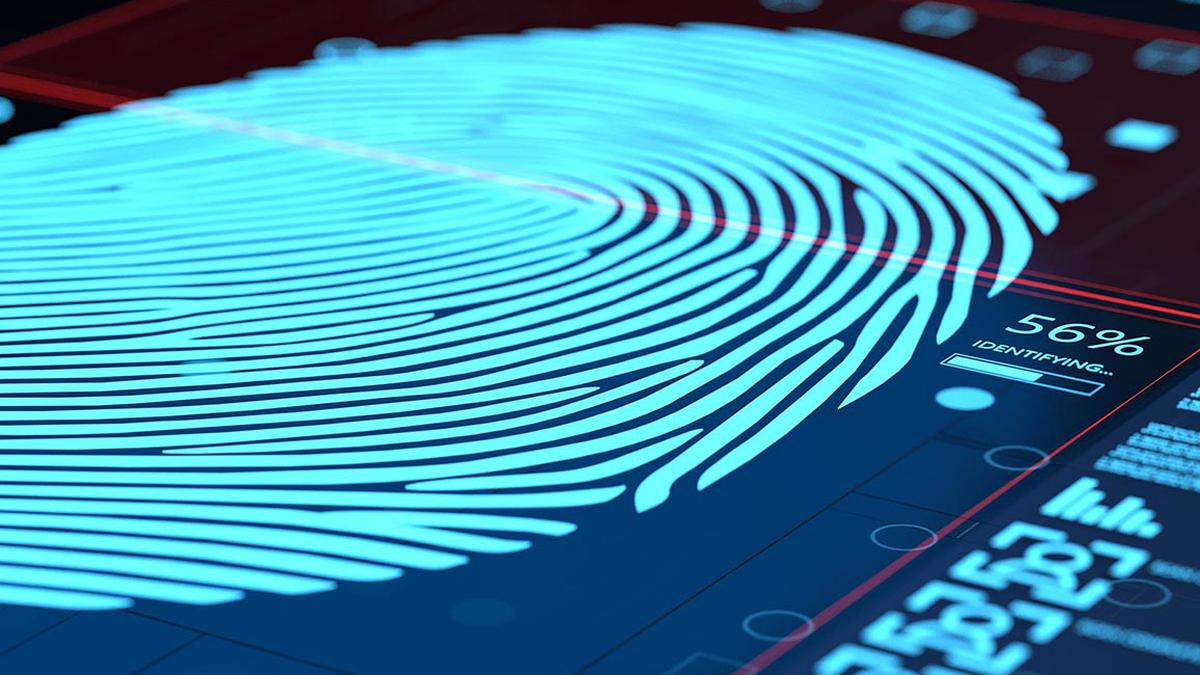
Onus of ensuring inclusion of all citizens in welfare schemes on governments: Experts Premium
The Hindu
At the Trustworthy digital identity international conference by International Institute of Information Technology Bangalore and Alan Turing Institute, experts highlighted the need for inclusion being the northstar while designing a universal digital ID system.
About two weeks ago, in a report prepared for G20 prior to the Leaders’ Summit, the World Bank praised the way India harnessed the power of digital public infrastructure such as Aadhaar and UPI to improve financial inclusion and delivery of public goods and services.
The report which was part of G20’s financial inclusion action plan for 2024-2026 shaped under India’s presidency also mentioned other digital ID systems such as Singapore’s Singpass, Philippines’ PhilSys, and UAE’s UAE-Pass.
With more than 1.3 billion registered users, Aadhaar is the largest national biometric digital identification programme in the world. Modular Open-Source Identity Platform (MOSIP), a digital identity platform developed by the International Institute of Information Technology Bangalore (IIITB) has been working on a project to provide digital identities similar to Aadhaar in nine countries including the Philippines, Morocco, Sri Lanka, Uganda, Ethiopia, Republic of Guinea, Sierra Leone, Burkina Faso, and Togolese Republic.
While India’s digital transformation has achieved huge strides in financial inclusion, the system is not entirely foolproof yet. The twin aims of Aadhaar have been eliminating corruption from the system and inclusion of the underprivileged and weakest sections of society through proof of identity for every citizen.
However, cases of people being excluded from welfare schemes due to failure of authentication or lack of documents like Aadhaar still continue. The onus of fixing it always falls on the citizens, and experts have been pointing out how problematic it is.
“A person’s unique ID is the coming together of their history, the history of a larger administrative system, and various other aspects. That’s why people’s vulnerabilities around IDs are also very unique,” said Dr. Janaki Srinivasan, Associate Professor, IIIT-B. She was part of a panel on ‘Digital divides and inclusion’ at the Trustworthy digital identity international conference by IIITB and The Alan Turing Institute.
“The story we often hear is that when people have multiple IDs it is to make wrong use of the available benefits. But what we found in our research was that in some cases it was simply a way of coping,” said Dr. Janaki, citing the example of women who had to move from their native place after marriage.

If one set their mind to understanding this Age in earnest, they would arrive at this conclusion without any anfractuous philosophical wandering. It is an Age where epithets are taken in vain, being used mindlessly. What should be reserved for the sublime is misdirected into eulogising the quotidian. And when the sublime shows up, no apt epithet is to be found, all the suitable ones having been frittered away on everyday things. Recently, while in the presence of a tree at Andhra Mahila Sabha in Adyar, this writer was acutely made aware he had squandered away a valise of epithets denoting size in all the writing he had done before. Guilty of overworking “Brobdingnagian” to a frazzle, he was tongue-tied when the truly Brobdingnagian stared at him, a massive branch wedged in its cheek in amused derision. It is a Baobab whose trunk takes multiple pairs of hands to be held in a comfortable embrace. T.D. Babu, associated with tree conservation organisation Nizhal, has had a ringside view of this tree being encircled in a human chain; and the exercise took nearly two dozen pairs of hands. This Baobab is Adansonia digitata or African Baobab. He explains: “In 2023, as a Madras Day exercise, Nizhal together with the Forest Department organised a tree walk with multiple stops. At Andhra Mahila Sabha, the participants did a succession of human chains fully encircling the tree, and it took around 20 pairs of hands to do so.” Baobabs are engineered by nature to be big hulking beings; but nurture determines the extent to which they follow that script. Babu notes the Baobab at Andhra Mahila Sabha has found a helpful environment and that has enabled it to reach its potential. He points out the tree’s age would be anywhere between 250 to 300 years. It is still in the flush of youth: a Baobab’s life expectancy is 1000 years. One need not be surprised to find Baobabs departing from planet earth prematurely. The lack of a conducive physical space can send them packing early. A Baobab at Egmore Museum left, whole centuries un-lived.

 Run 3 Space | Play Space Running Game
Run 3 Space | Play Space Running Game Traffic Jam 3D | Online Racing Game
Traffic Jam 3D | Online Racing Game Duck Hunt | Play Old Classic Game
Duck Hunt | Play Old Classic Game










